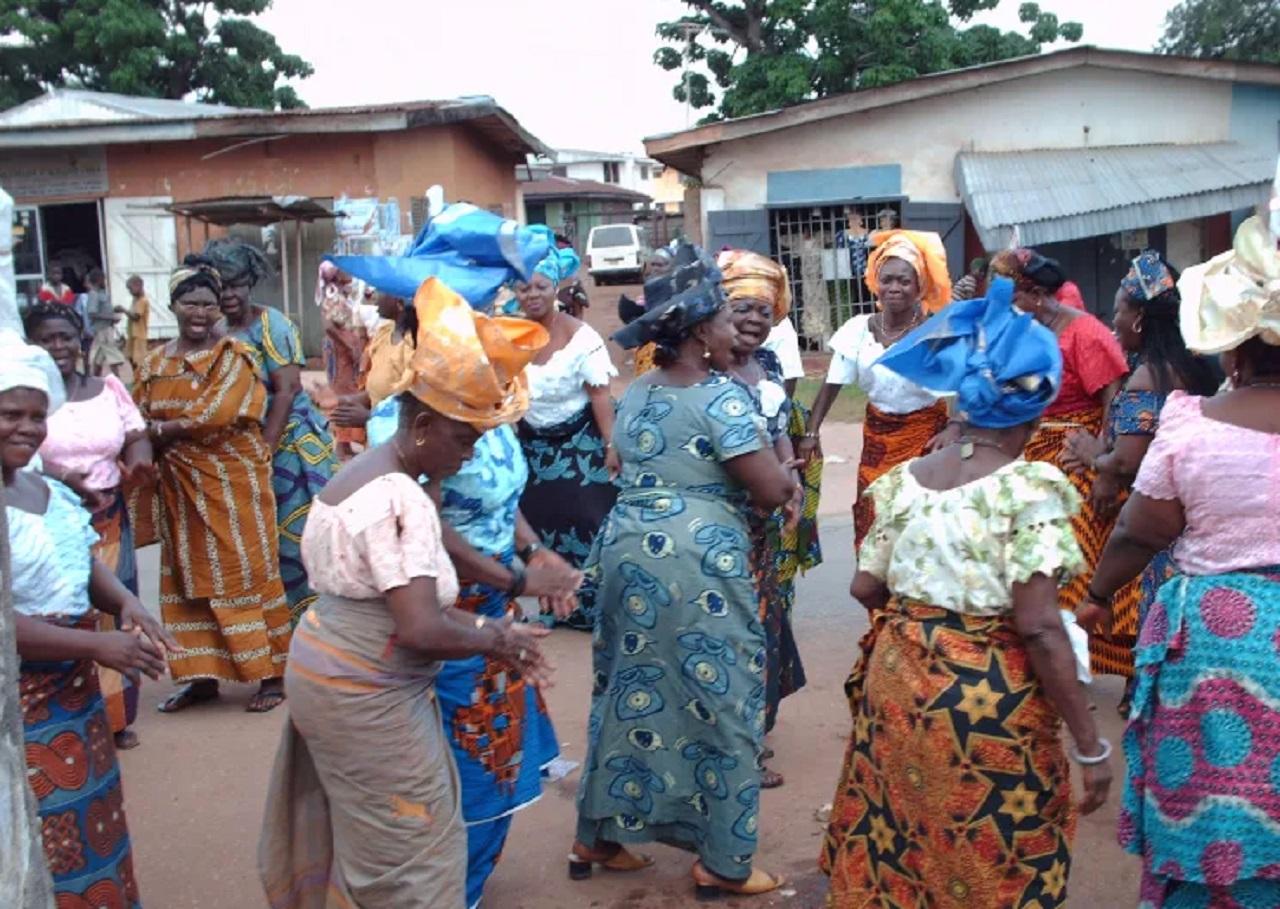In the heart of Igbo culture, the rituals surrounding death and burials are profound expressions of respect, tradition, and spirituality. Igbo burials provide a glimpse into the rich tapestry of customs and beliefs that shape the farewell to loved ones. In this article, we journey into the world of Igbo burials, exploring the rituals, traditions, and evolving practices that honor the departed.
A Reverent Farewell: The Preparation of the Deceased
Upon the passing of a prominent member of the community, the rituals commence with great reverence. The body is carefully placed on a stool, often in a sitting posture, attired in the deceased’s finest garments. This dignified preparation pays homage to the individual’s life and status within the community. Animal sacrifices may be offered, and the body is often perfumed as a sign of respect and farewell.
Swift Departure: Traditional Timing of Burials
Traditionally, Igbo burials followed a remarkable observance: the deceased was laid to rest within 24 hours of their passing. However, this practice is gradually fading away in modern times due to various factors. While some families still adhere to this swift timing, others may extend the period between death and burial to accommodate logistical considerations and the gathering of family and friends.
Burial Beneath the Home: The Final Resting Place
The placement of the deceased’s remains is a crucial aspect of Igbo burials. For the head of a household and titled men, their final resting place is beneath the floor of their main house, known as the “Obi” or living room. This signifies the continuation of their presence within the family home even in death, maintaining a connection with their descendants.
Diverse Burial Practices: Reflecting Individual Circumstances
It is important to note that Igbo burial customs are not one-size-fits-all; they vary based on an individual’s age, gender, and status in society. These variations are influenced by the belief that the circumstances of a person’s life and death should dictate how they are laid to rest. Here are some examples:
- Children: Children who pass away are often buried discreetly, hidden from public view. Their burials typically occur in the early morning or late at night, symbolizing the quiet and fleeting nature of childhood.
- Simple Untitled Men: For untitled men, their final resting place is in front of their house, a location that reflects their humble status within the community.
- Mothers with No Male Heir: Mothers who do not bear a male child or any child at all may be buried in their place of origin, often in a garden or a farm area that belonged to their father. This practice underscores the importance of male lineage in Igbo culture.
- Wicked Individuals: Those believed to have led wicked lives and died with swollen gaits are considered to have faced the wrath of the community’s gods. Their bodies are cast into evil forests by non-indigenous people, a stark consequence of their actions.
Modern Influences: Evolving Igbo Burials Practice
In contemporary times, many Igbo families have adopted Western burial practices, aligning with the global trend of longer intervals between death and burial to accommodate larger gatherings. This shift reflects the changing dynamics of Igbo society and its integration with the broader world. However, it is not uncommon for some families to blend Western practices with traditional Igbo elements, creating unique and meaningful ceremonies that honor both the past and the present.
In conclusion, Igbo burials are more than a mere farewell; they are a testament to the enduring importance of tradition, family, and community. These rituals celebrate the lives of the departed while embracing the evolving landscape of Igbo culture in the modern age. As the customs continue to evolve, they serve as a reminder of the resilience of Igbo heritage and the enduring connection between the living and the departed.
_______
At FIHLIA.org will enlighten more on the customs and traditions of the Igbo people. We are poised to champion the course of promoting our Igbo Heritage and culture.

